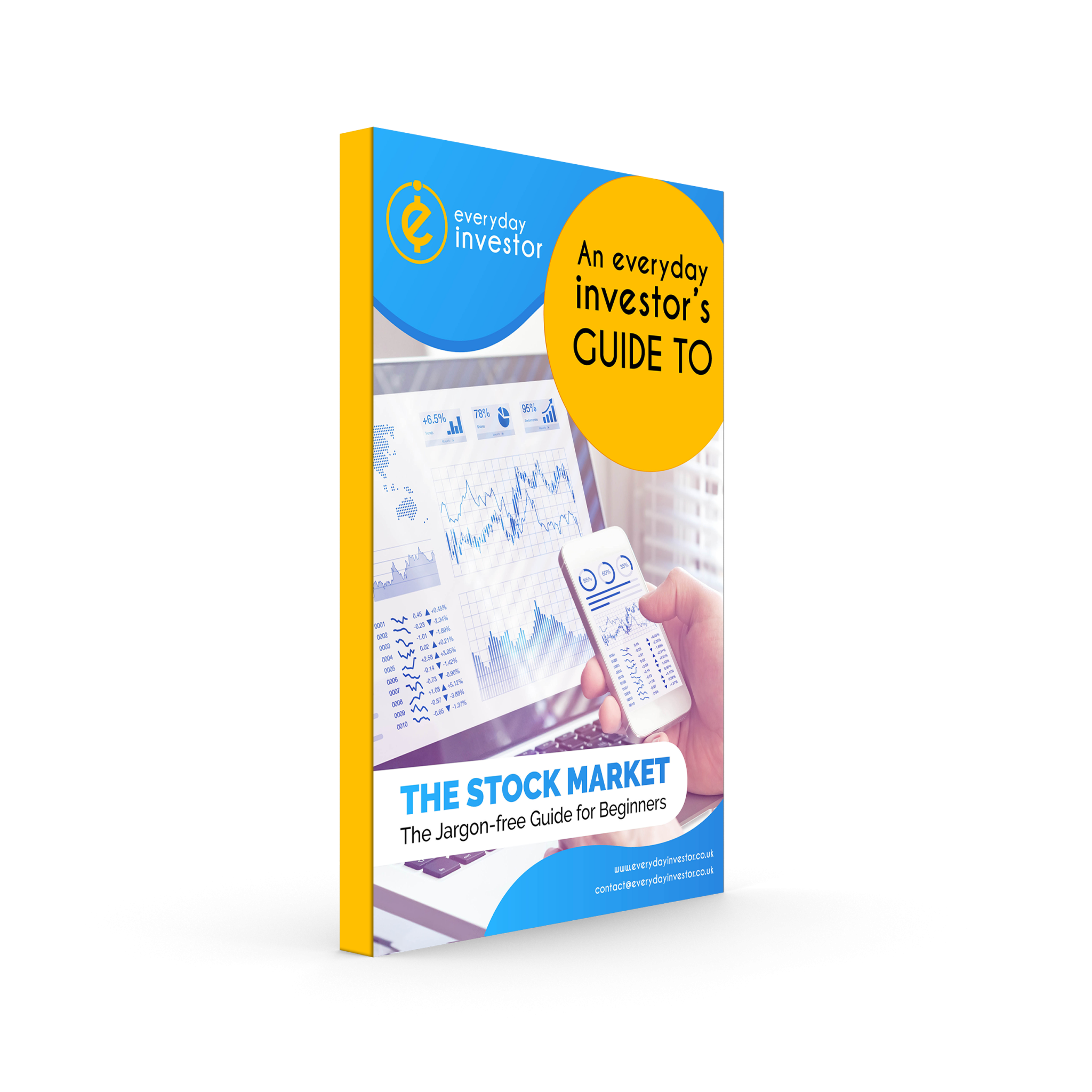How do you decide what shares to buy if you are an investor? There’s no easy answer to this question as everyone has different circumstances. However, if we break the question down for a closer examination, we can take a look at what key factors may influence the decision of what shares to buy.
Step 1 – Consider your motives
You will need to think about what your motivations for investing in the stock market are as this will influence your decision on what shares to buy.
There are two ways in which investors hope to make money investing in the stock market. The first is through capital gains and the second is through dividends.
Attempting to make money through capital gains involves buying a share that you expect to rise in value over time, allowing you to profit from selling it for a higher price in future. This investment strategy is called investing for growth.
On the other hand, adopting the dividends approach involves buying a share in a company that is known for paying out dividends to shareholders (a dividend is a slice of the profits the company makes). This strategy is often called investing for income or investing for dividends.
For a closer look at what a share is and how investors seek to make money from buying shares check out our explanation of what a share is.
So, if you are an investor considering what shares to buy you will need to consider whether you need the income now or whether you can wait until the future. Often this will depend on where someone is at in their life.
Step 2 – Consider your risk appetite
If you are investing in the stock market, you should make sure you understand the risks involved before deciding on what shares to buy. Share prices can go both up and down and dividend values can never be guaranteed.
You should consider the two main types of shares (defensive stocks and cyclical stocks). Whilst you may be able to enjoy higher returns with cyclical shares, can you tolerate the risk of the value of your investment going up and down?
Generally, investing over as long a period as possible with a mix of different shares to diversify your portfolio is the preferred approach for many. This is to help smooth the fluctuations in the market over time.
Step 3 – Consider your values when deciding what shares to buy
You should also think about what is important to you. For example, if you have very strong beliefs against smoking would you be comfortable investing in the shares of a tobacco company?
If you are buying shares you need to be content with the company you are buying into and avoid making bad decisions to sell driven by your emotions later down the line. It is important to understand who you are actually investing in and what they do.
By buying shares in a public limited company you are becoming a shareholder in the business. In other words, you will own a portion of the company. You must ensure that you are happy to be associated with the business you are investing in.
Step 4 – Consider what shares you already own
If you already own shares in a company it would help to take this into consideration when deciding what shares to buy. There is a famous saying that you will be familiar with – “don’t put all your eggs in one basket”. This phrase can be applied to stock market investing.
Imagine all the shares you own are in companies in one particular cyclical sector, say house-building. Now, consider what would happen if the economy dips or some new housing regulations are implemented by the government. You would expect the share price of all house-building companies to fall. As a result, the effect on the value of your portfolio is going to be fairly dramatic. In the short-term at least. You may wish to spread your investments over multiple companies and sectors. This is to balance your overall level of risk.
Step 5 – Do your research before buying shares
It is important that you fully understand the company you are investing in. Legendary professional investor Warren Buffett is widely quoted as saying he never invests in something he doesn’t understand. Buffett reportedly has a net worth of $86bn.
You should make sure you understand who the company are and how they generate income. Understand how competitive they are in their industry and how well they are currently performing compared to past years. Consider what the outlook is for them and their industry in the longer-term. Also ask what competitive advantage they have and how easy is it for new companies to enter their market?
There is a wide range of sources online that you could use to research and gather this information. Try our everyday investor company insights.
Keeping it simple
So, if you are investing in the stock market how do you decide what shares to buy? Well, in summary make sure you are clear on what you hope to achieve through investing. Be clear on how much risk you are willing to accept and what you value in a company. Think about the bigger picture and what shares you already own to avoid becoming over-exposed to particular sectors or cycles. Lastly, always do your research to ensure you fully understand the company, it’s performance and it’s outlook in the longer term.
If you’re keen to learn more make sure you check out the rest of our website or grab a copy of our free Beginner’s Guide to Investing in the Stock Market.
All our content is provided for educational purposes only, to help you make your own decisions. We don’t provide personalised advice and therefore our content should not be considered an invitation, inducement or recommendation to engage in any particular investment activity. Please review our disclaimer and website terms for full details.








